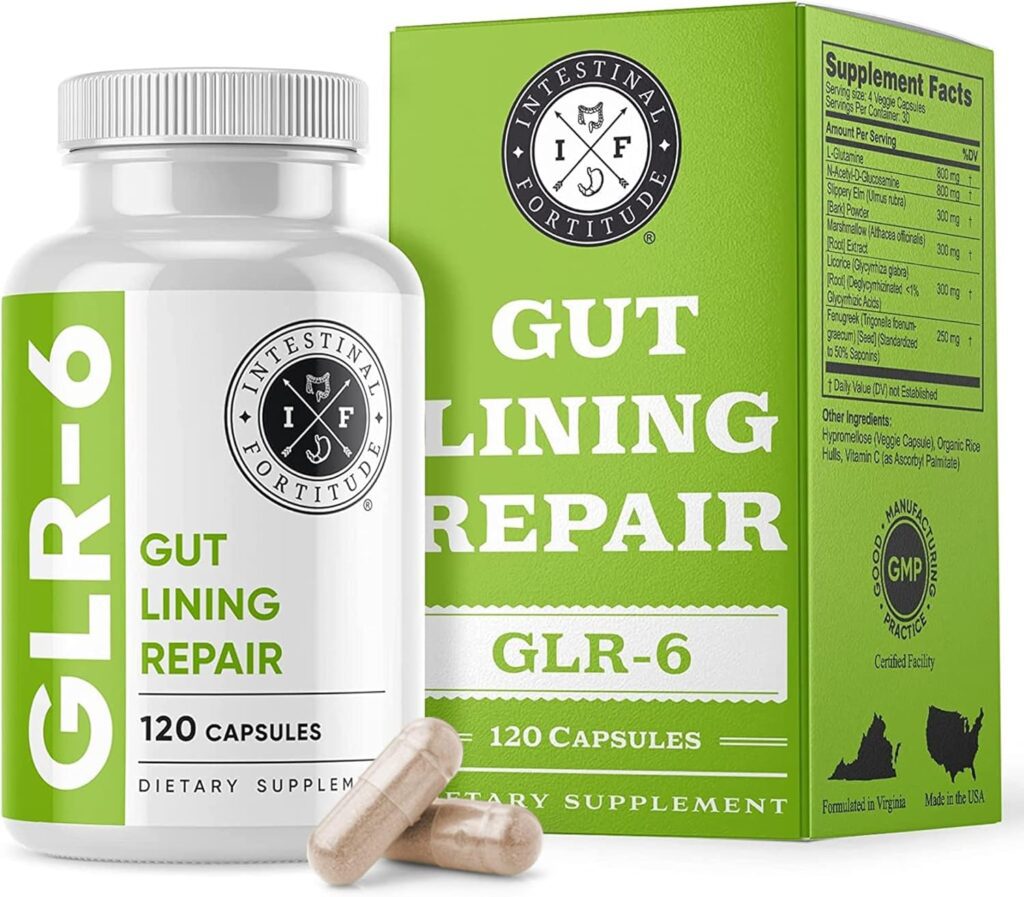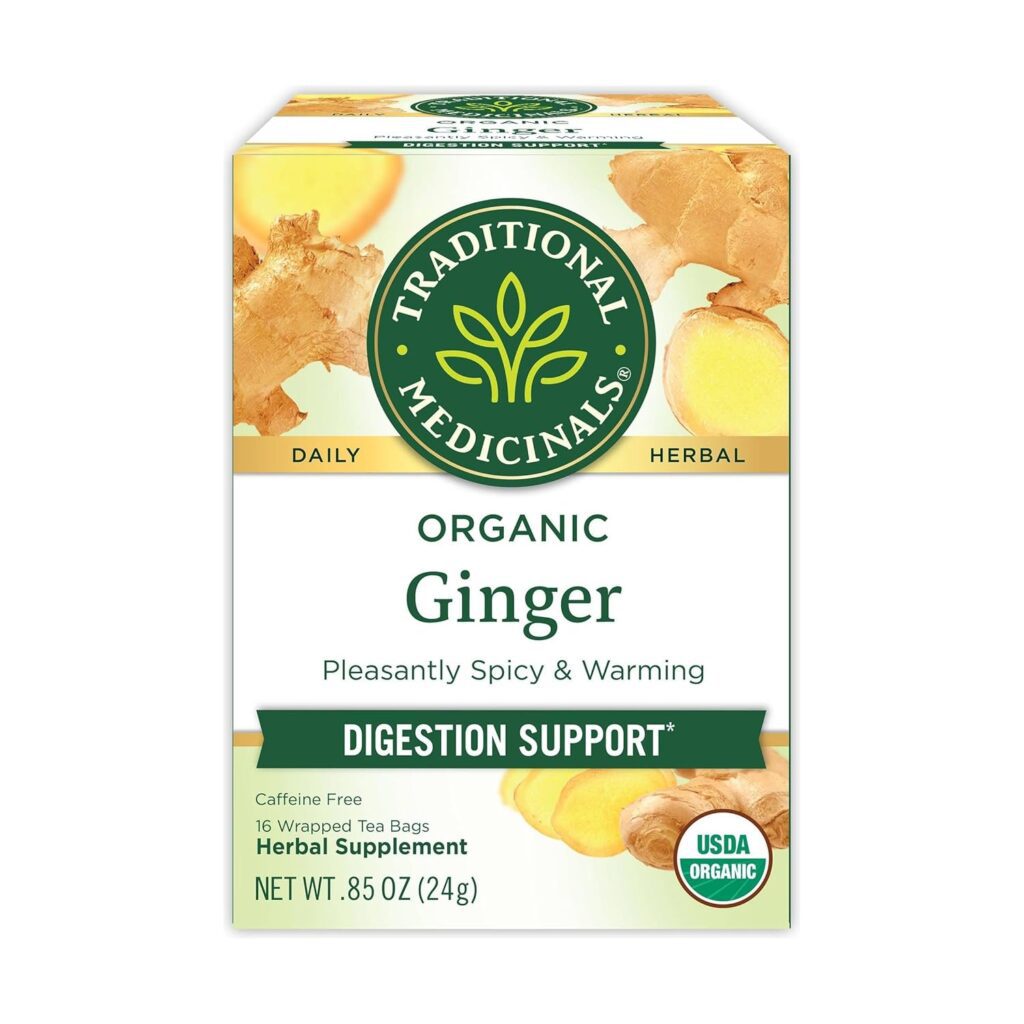If you’ve ever finished a meal feeling puffed up like a balloon, you’re not alone. A bloated stomach is one of the most common digestive complaints and can strike at the most inconvenient times. Whether it’s tight-fitting clothes, post-meal discomfort, or that sluggish feeling that drags you down, a bloated stomach can interfere with your daily routine and confidence.
Fortunately, there are natural, gentle ways to manage a bloated stomach that don’t require drastic diet overhauls or complicated regimens. These methods work with your body to bring comfort and balance to your digestive system. Below, we’ll walk through five easy strategies that can help reduce a bloated stomach naturally and effectively.
1. Strengthen the Gut Lining With a Gut Health Supplement
One of the most powerful ways to address a bloated stomach is by taking care of your gut lining. This inner layer of your digestive tract is responsible for nutrient absorption and acts as a barrier against irritants. When the gut lining becomes weak or irritated, it can lead to increased sensitivity, poor digestion, and a higher likelihood of bloating.
This is where a targeted gut health supplement like GLR-6 by Intestinal Fortitude comes into play. GLR-6 is formulated specifically to support the health of the gut lining. It combines well-known ingredients like L-Glutamine, Slippery Elm, Marshmallow Root, DGL Licorice, and Fenugreek, which have been traditionally used to help soothe and nourish the digestive tract.
By using GLR-6 consistently, many individuals report less bloating, smoother digestion, and an overall calmer gut. It’s an easy step to take each day that addresses the issue at its root, rather than just masking the symptoms.
If you feel like your bloating might be connected to overall gut sensitivity, consider starting your journey with GLR-6. It’s a foundational product that helps your digestive system feel more balanced and supported from the inside out.
2. Avoid Common Bloating Triggers
Even healthy diets can include hidden bloating culprits. While everyone’s body reacts differently, some foods and habits are more likely to cause gas, water retention, or inflammation in the digestive tract.
Some of the most common offenders include:
- Carbonated drinks like soda and sparkling water
- Chewing gum (which increases swallowed air)
- Cruciferous vegetables like broccoli and cauliflower (especially when raw)
- Legumes such as beans and lentils
- Dairy products for those with lactose sensitivity
- Artificial sweeteners, especially sorbitol and xylitol
You don’t have to eliminate these completely, but being mindful of how your body responds can help you identify patterns. For instance, if you notice you get a bloated stomach every time you have a bowl of ice cream, dairy might be a trigger. Keep a simple food journal for a week to spot potential bloating sources.
3. Try Natural Bloating Remedies Like Peppermint and Ginger
When you’re feeling bloated, a quick remedy can help bring relief. Two natural ingredients that stand out for their digestive benefits are peppermint and ginger.
Peppermint contains menthol, which may help relax the muscles of the gastrointestinal tract. Many people find that sipping peppermint tea after meals helps relieve tightness and gas buildup in the stomach.
Ginger, on the other hand, has been used for centuries to ease digestive issues. It can help stimulate digestion, reduce inflammation, and calm the stomach. A few slices of fresh ginger steeped in hot water or added to meals can go a long way.
These remedies are simple, effective, and easy to incorporate into your daily routine. Try keeping peppermint tea or ginger chews on hand for moments when bloating catches you off guard.
4. Eat Slowly and Mindfully
Modern life is busy, and eating often becomes something we rush through without much thought. But how you eat plays a major role in how your digestive system responds.
When you eat too quickly, your body doesn’t have time to signal fullness or release enough digestive enzymes. This often leads to gas, a bloated stomach, and discomfort.
To support smoother digestion:
- Chew your food thoroughly (aim for 20–30 chews per bite)
- Avoid distractions like phones and screens while eating
- Take breaks between bites
- Eat in a calm, relaxed environment whenever possible
Eating mindfully not only helps reduce bloating, but also improves your relationship with food and increases overall satisfaction from meals.
5. Stay Active and Move Your Body
You might not think of movement as a remedy for a bloated stomach, but gentle activity can work wonders. Physical movement helps stimulate the muscles of the digestive tract, which supports regular bowel movements and reduces the feeling of heaviness or fullness.
Try incorporating some of the following into your day:
- A short walk after meals
- Light stretching or yoga poses that aid digestion (like child’s pose or spinal twists)
- Deep belly breathing to encourage movement in your core
You don’t need a full workout to feel the benefits. Even 10 minutes of gentle activity can help your body process meals more efficiently and reduce uncomfortable bloating.
Conclusion: Start with One Simple Step
If a bloated stomach is interfering with your comfort, energy, or confidence, you don’t have to just put up with it. These five natural strategies can help support your digestive system and reduce bloating in a sustainable way.
Start small. You don’t have to implement all five tips at once. Pick the one that feels easiest and build from there. If you’re looking for a powerful first step, start with GLR-6 by Intestinal Fortitude. It’s a gut health supplement designed specifically to support your gut lining—the foundation of good digestion.
From there, experiment with soothing teas, slow down during meals, and get your body moving. Each change builds on the last to help you feel more comfortable in your body.
Because when your gut feels good, everything else becomes just a little bit easier.
Thank you for reading!
Affiliate Disclosure
Some of the links on this site are affiliate links. This means that if you click on the link and purchase the item, we may receive an affiliate commission at no extra cost to you. I only recommend products or services that I believe will add value to my readers, however, some (not all) do pay us to be on this blog. Your support and theirs help keep this blog running, and I genuinely appreciate it.
Medical Disclaimer
The information provided on this website is for educational purposes only and is not intended as medical advice. This blog or the writer is not a licensed healthcare professional, and the content should not be used as a substitute for professional medical diagnosis, treatment, or advice. Always consult with your physician or other qualified healthcare provider before starting any new treatment or making any changes to your healthcare routine.

